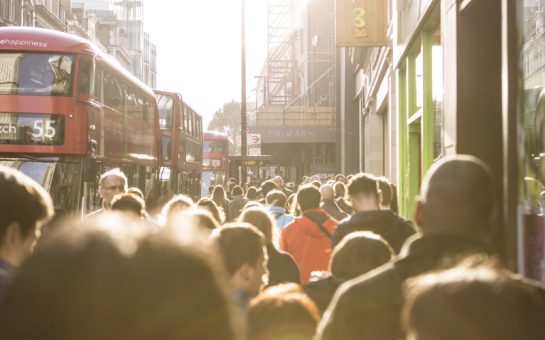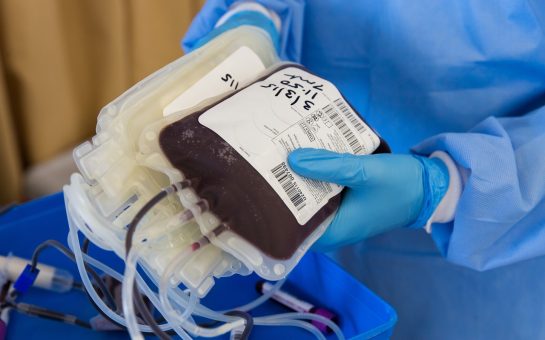There was a record-breaking rise in new businesses being created in 2020, but concerns grow around unregistered food businesses operating out of people’s homes.
Data shows that since June new business creation has exploded, with many suggesting this could be a possible effect of furlough, as people launch creative projects while not actively working.
When taking a closer look at the creation of new food businesses, at the lowest, there was a 30.16% decrease in food business creations in 2020 compared with 2019 during the pandemic.
The Food Standards Agency (FSA) have revealed that since March 2020, 33,720 new food businesses have been registered, and about 44% of these are home-based.
Yet, there are concerns that many more food businesses exist which remain unregistered, as people sell food cooked in their homes on social media platforms such as Facebook and NextDoor.
This causes concern as unregistered businesses may not be following health and safety protocol, and many businesses are awaiting a food hygiene rating due to inspections being delayed.
Video call inspections are feared to be ineffective, given the scrutiny required to ensure an environment is hygienic to prepare food.

Aaron Wessely set up and registered his business ‘EZ eats’ over lockdown, after finding himself made redundant in July 2020 from a catering company.
The 23-year-old self-employed chef was inspired by a friend who had also set up a food business from his home and was approaching Facebook groups in his local area.
EZ-eats is a meal prep delivery service delivering a range of dishes influenced by Wessely’s time working in Michelin Star restaurants.
The food is delivered across his local area in Buckinghamshire.
He said: “I only actually registered as a sole-trader about two weeks ago – initially I didn’t know how everything was going to go.
“I didn’t want to register and unregister.”
Wessely is still awaiting a food hygiene rating from the Food Standards Agency (FSA).
He said: “I called them last week and they said they were prioritising restaurants and places to eat out rather than home-run businesses.
“They said they would send me an email or give me a call whenever they can send an inspector round.”
Food takeaways have increased slightly in popularity since lockdown according to a YouGov poll.
Online food order and delivery service Just Eat reported a growth in UK orders, with 123.2 million placed in the first nine months of the year – up 27% on the first nine months of 2019.
Mai Dim Sum is another food business set up across lockdown, capitalising on the increased demand for takeaways.
Owner Xiaojuan Yuan, 34, said the application took around a month to be approved for the Battersea-based business.
She said: “The pandemic has meant there has been a reduced number of physical inspections by the food hygiene officers, but the council requests back-up information to be emailed.
“There is an enormous amount of information online to help with this and it would be remiss of any new food business to ignore it.
“Food safety and quality control is at the heart of any successful food business.”

With new businesses selling food through social media, further pressure is put on a hygiene inspection system that is under strain because of the crisis.
Julie Barratt, from the Chartered Institute of Environmental Health (CIEH), explained to the BBC that food businesses are ‘popping up like mushrooms’ during lockdown.
She said: “There are rank outsiders operating off the radar, who think, ‘Oh, my mum can cook’, and confuse cooking with catering.”
The Food Standards Agency have stated that their findings of food businesses operation from homes ‘only signal a possible trend’.
Michael Jackson, Head of Regulatory Compliance at the Food Standards Agency, said: “If a consumer has any doubts about a food seller, they should report them to the local authority.
“It’s a key priority for us to make sure that all those involved in online marketplace selling ensure that food is safe.
“Where sellers do not follow the rules, they may be fined, imprisoned for up to two years or both.”





Join the discussion
[…] Source link […]